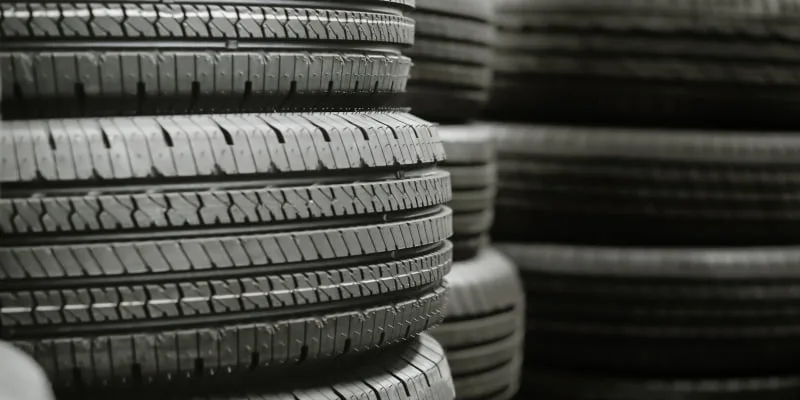This is sample text to be replaced by your approved text later
Trailer tires might look similar to your car’s rubber, but they’re a different breed entirely. They shoulder immense responsibility during transit, often carrying loads heavier than the tow vehicle. This demanding role requires special engineering that sets them apart from standard automotive tires.
Let’s explore a few of the characteristics that make them unique:
- Sidewall Design. Trailer tire sidewalls are stiffer than standard vehicle tires, allowing them to sustain the lateral forces experienced during towing. This helps reduce sway and improve stability, especially during lane changes or windy conditions.
- Tread Design. Additionally, trailer tires feature tread designs that are optimized for long-lasting performance. These patterns are crafted to provide excellent wear resistance and maintain consistent performance over extended periods, even when the trailer isn’t used for long stretches.
- Load Capacity. Thanks to their reinforced sidewalls and robust internal construction, trailer tires can typically handle up to 40% more weight than comparable passenger vehicle tires. The enhanced load capacity is crucial for safely transporting heavy loads without risking tire failure. It’s important to always check the tire’s load rating and ensure it matches or exceeds your trailer’s needs.
- Speed Rating. Unlike car tires that are designed for high speeds, trailer tires have lower speed ratings, often 65 to 75 mph. A lower speed rating ensures that the tires won’t overheat during tow, thus minimizing the risk of blowouts. In order to compensate for their lack of speed, they feature shallower treads that help counter rolling resistance. This, in turn, improves the towing vehicle’s fuel economy.
Understanding these key differences is essential for choosing the right tires for your trailer and maintaining them properly. At Lewis Trailers, we source the best trailer-rated tires in the market. We stock a healthy number of tires at all locations to ensure we can get you back on the road safely.

